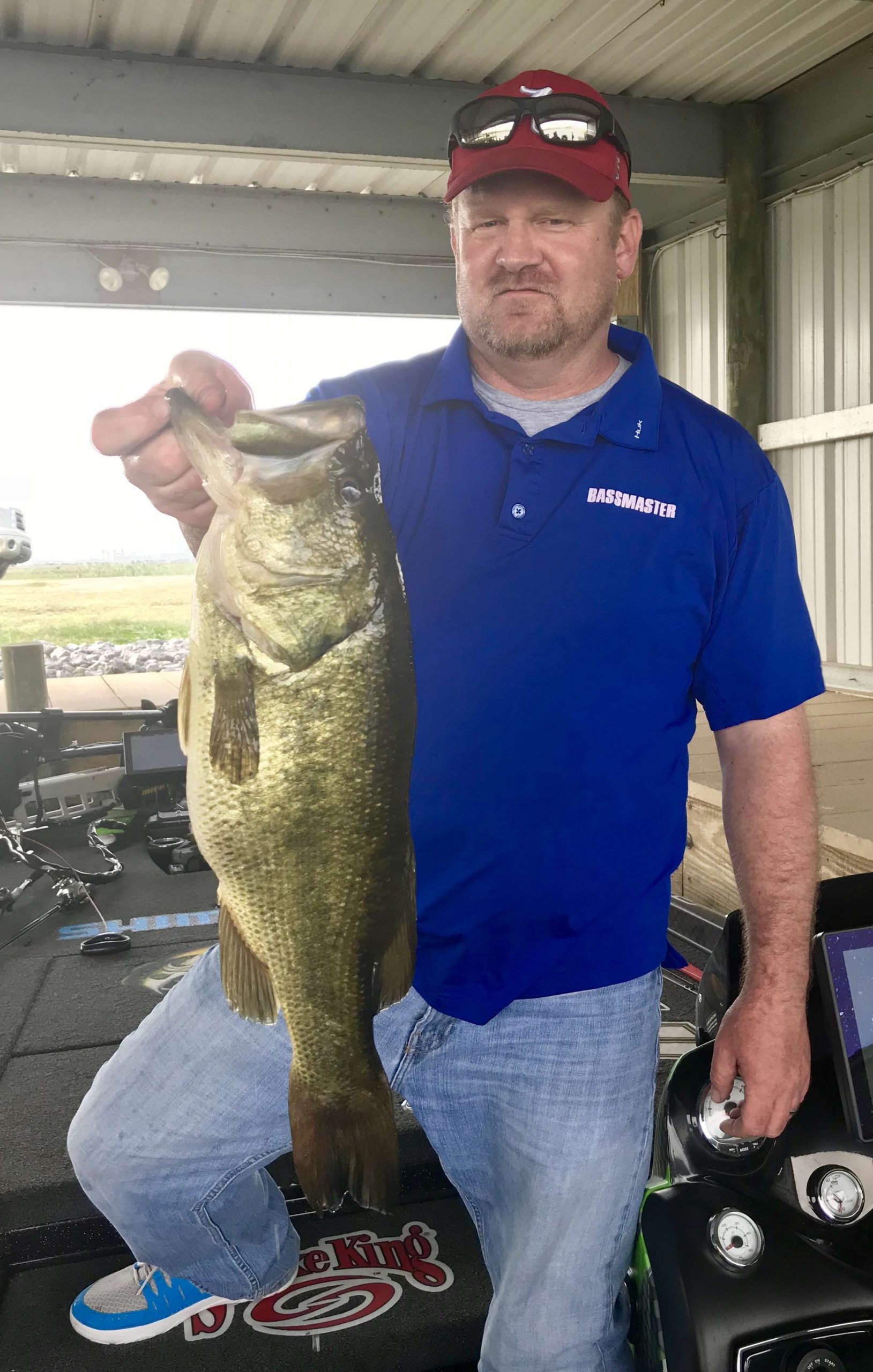
Flipping the calendar to January always means a chance for a new start.
It doesn’t matter if you finished first or 101st in the standings of whichever trail you fished last year. All of the numbers are back to zero now, and all of the prizes are back up for grabs.
But as I wish you good luck for the new year, I’d also like to offer an important reminder — one that’s rooted in basic common sense:
Anywhere you find a pile of money these days, you’ll also find people who would steal it if they could.
Cheating happens. So use your brain, and keep your eyes open when you’re looking for a trail to join this season.
Good trails are out there.
In fact, most of them are good.
Tournaments directors are dealing with such large amounts of money now that they have no choice but to safeguard themselves and their competitors with simple things like mandatory livewell checks and polygraph rules.
Once the latter rule is in place — once anglers know there’s even a chance they’ll have to square off against lie-detecting technology — the bad ones tend to look elsewhere.
If I weren’t going to be all over the country covering the Bassmaster Elite Series this year — and I thought I might actually have time to fish a major trail — I would definitely seek one out that had a polygraph rule on its registration form.
If you’re fishing a smaller weekend tournament that can’t afford or maybe doesn’t warrant the hiring of a polygraph expert, use your good sense.
If something doesn’t seem right, ask about it. If you don’t get the answers you want, keep your entry fee money in your pocket. There are plenty of other options.
Once you’re on the water with money on the line, remember to keep your eyes peeled for anything that seems sour.
There are countless examples of why you should follow this advice.
About five years ago, a tournament angler in North Carolina was caught with a bass that had an 11-ounce lead weight in its stomach. If it hadn’t been for some watchful tournament officials, the man would have won more than $1,000, plus an additional prize for biggest fish of the event.
Instead, he was disqualified from the tournament and banned from the trail for life.
In 2015, an angler in Texas was busted for trimming the tail of a bass to keep the fish under a 16- to 24-inch slot limit.
If he had gotten away with it, he would have taken home a $2,500 prize. Instead, thanks to a valuable section of the Texas Parks and Wildlife Code, he was charged with a third-degree felony.
It’s not just the big prize money that brings out the cheaters. Some just get a thrill from being able to say, “I won.”
In 2014, two Georgia men were cited for illegally buying gamefish after they purchased an 11.5-pound bass from a non-tournament angler who happened to be fishing the same day of their event. They paid $250 for a bass that helped them win $300.
They just wanted to say, “We won.”
Also in 2014, two men were charged in Alabama for “tampering with a sports contest” after they suspiciously won six local tournaments in a row.
Some stories about their misdeeds were accompanied by pictures of the two men holding a tournament limit of bass that all weighed 6 or 7 pounds apiece. They were cheating and not even being very subtle about it.
They were eventually sentenced to a one-year suspended jail sentence, 400 hours of community service at Lake Guntersville State Park and fines of $1,000 each plus court costs.
They also forfeited their hunting and fishing privileges.
You’ll notice I haven’t used the names of any of these anglers. Their stories have been reported, and I don’t want to add to their celebrity in these pages.
I believe most fishing tournaments are completely on the up-and-up. More than that, I believe most anglers would sink their own boats before they’d cheat to win a tournament.
But like I said before, we live in a world where some people will always be looking for a quick score.
As a new tournament year begins, keep your eyes open for those people.

